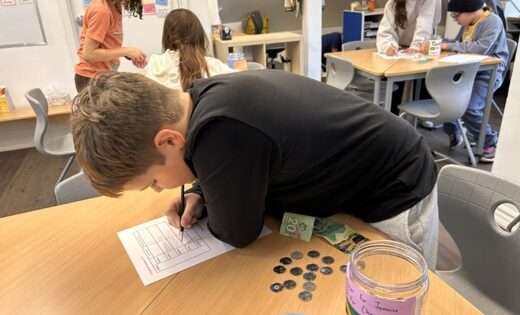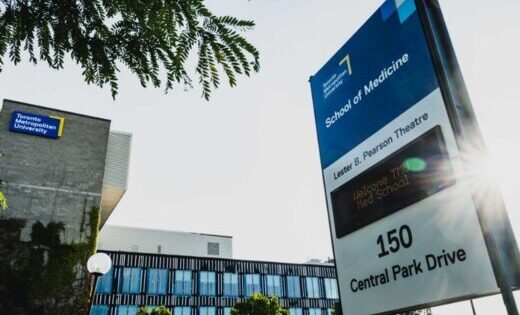on
BY SIMONE J. SMITH
“I was in a room filled with people I didn’t know, but strangely, I felt comfortable.”
On June 21st, 2020 at 6:00 pm EST, I met with over 70 strangers I didn’t know in Johannesburg, South Africa. The diaspora was in full affect, with Africans from the United States, Canada, and the UK. Here I was, in a room full of beautiful African people, and I felt at peace.
I know you are wondering; Simone, you were in South Africa? Yes! I was. Virtually, but with energy that I was receiving, I can only describe the feeling as déjà-visité (the peculiar sensation of knowing your way around somewhere you’ve never been before).
Bring A Stranger Dinner Party (BASDP) is the brainchild of Tania Habimana (Co-Founder of NONZēRO) as a means to bring diverse and enthralling individuals with varying interests into one room, under a unique dinner party experience. This party is normally a face-to-face affair, but as you know, COVID-19 has altered all of our plans.
A Belgo-Rwandan entrepreneur and speaker based in Johannesburg, Tania is an unshakeable enthusiast who is passionate about helping: businesses, corporate executives and SME business owners in Africa grow using digital technology.
As host of the Tailored Business Show, she had had the privilege of dialoguing with some of Africa’s top business leaders. One of the things that she wants to share with the world is that African entrepreneurs are uniquely creative.
Certain things seem to be consistent with being an entrepreneur, regardless of where you live on the globe. Most start their businesses with often
(1) Little or no financial resources
(2) Limited formal education or training
(3) More often than not, cataclysmic economic and political landscapes
Yet, for some reason, some of the world’s most innovative inventions have come straight out of the African continent. This phenomena is now recognized as NEEDS-BASED innovation™, innovation that is born out of a need.
The Bring a Stranger Dinner Party is definitely a NEEDS-BASED innovation™.
In its original format, the BADSP would bring together four people who know each other relatively well. They are selected to become ‘core hosts’. Each person invites two strangers who don’t know the other three individuals. The result is a dinner party of 12 where everyone knows at least one other person.
What makes this an exciting venture is that because the people invited have so much in common, people feel familiar enough to be comfortable and to let go and be authentic. My good friend Daniel Cole (Growing Success contributor at the Toronto Caribbean Newspaper) was the one who introduced me to Tania, and then invited me to the dinner. For this month’s “Youth Month” edition, Tania opened it up to 100 Africans from all over the continent – and the Diaspora – and worked her way around the pandemic by utilizing the ZOOM platform.
- “The most exciting thing about operating in Africa, is that you can still be the #1st to do something” Tania Habimana
For this dinner, the theme was The Future Of Africa: The Legacy We’re Building, and it included three courses and a finely curated conversation menu. With such a large turnout, we were able to have breakout rooms, and I was asked to be a facilitator for these sessions.
It was a well-organized event with two main teams:
Breakout Room ‘Table-topic’ Facilitators
This was my role for the day. As a TTF, my main job was to make sure the conversation was flowing and that everyone who wanted to speak had a chance to.
Tech Team (Technical Support)
This team was set up for technological illiterate people like me. They helped keep the event running smoothly. They worked as undercover angels helping everyone navigate zoom.
Appetizers
The meet and greet started at 6:00 pm sharp. I was happily surprised to be greeted by Afro-beats, and popular music that kept all of us dancing, and moving in our seats as we waited for the event to begin.
Light chatter began as people signed into the party and at about 6:15 pm, we were sent into our breakout groups to have our appetizing dialogue.
Here I presented a series of questions to my group of eight strangers. We discussed what it meant to be an African, and the dialogue led to some intriguing talk about what it felt like to be an African living in the Diaspora, and how Africans living on the continent treat us.
Right before the entrée the soulful ElvisWho treated us to a live acoustic performance. He had a euphonious voice and was able to draw people in with his performance. He was like that much-needed swig of wine during a meal.
Entrée
One of the main sponsors of the dinner was the Global Shapers Community Sowento. A representative spoke to us briefly about the declining global economy, and the recession that has hit South Africa. The unemployment rate in South Africa is currently 30.1% with 350,000 jobs lost in the first three months of lockdown.
Due to this, the global economic landscape has transformed, leaving many skills and businesses vulnerable or irrelevant in these times. This has caused anxiety around job security and forced people to pivot businesses and change careers. It was important to hear because, as a global community, we have to find ways to pull together, and help each other out; whether it is sharing educational resources, or business resources, we have to find ways to grow together past this.
We then moved on to the meat of the already spicy meal we were indulging.
There was a change to this part of the menu, and I didn’t know about it. Sigh! Regardless, in my second group, we discussed what a perfect Africa would look like, what we were grateful for as African people, and what we had done in our professional, or personal lives in the last six months. The tastiest part of the meal was when I asked the question, “What would you do if you knew that you couldn’t fail? The responses were outstanding.
Dessert
Finally, it was time for dessert. I, and Mr. David Onaolapo, did five-minute talks about who we are, and a take-away that we wanted our dinner guests to put in their doggy bags. Our dinner party enjoyed the meal so much, that we were all given seconds. David and I were given five additional minutes to speak on our experiences.
I loved this experience, and it was a welcome change from the Zoom meetings that I had grown accustomed to. What an amazing dinner party it was.
Stay in the loop with exclusive news, stories, and insights—delivered straight to your inbox. No fluff, just real content that matters. Sign up today!
We, as humans are guaranteed certain things in life: stressors, taxes, bills and death are the first thoughts that pop to mind. It is not uncommon that many people find a hard time dealing with these daily life stressors, and at times will find themselves losing control over their lives. Simone Jennifer Smith’s great passion is using the gifts that have been given to her, to help educate her clients on how to live meaningful lives. The Hear to Help Team consists of powerfully motivated individuals, who like Simone, see that there is a need in this world; a need for real connection. As the founder and Director of Hear 2 Help, Simone leads a team that goes out into the community day to day, servicing families with their educational, legal and mental health needs.Her dedication shows in her Toronto Caribbean newspaper articles, and in her role as a host on the TCN TV Network.












